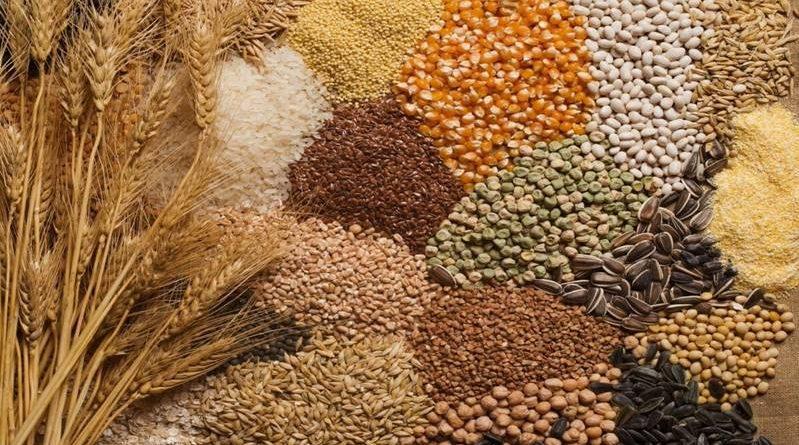Food Prices in Nigeria rose significantly in December 2023
The Food Price Watch report for December 2023, released by the National Bureau of Statistics (NBS), reveals significant price hikes in essential commodities. The price of 1kg of locally sold loose rice has skyrocketed by 81.35% year-on-year, reaching N917.93 compared to N506.17 in December 2022.
Similarly, the cost of 1kg of boneless beef has witnessed a 32.38% year-on-year increase, escalating from N2,377.29 in December 2022 to N3,146.94 in December 2023. Furthermore, the average price of 1kg of brown beans (sold loose) has risen by 48.54% year-on-year, increasing from N586.14 in December 2022 to N870.67 in December 2023.
The average price of 1kg onion bulb has also experienced a significant surge of 122.94% on a year-on-year basis, rising from N435.93 in December 2022 to N971.86 in December 2023. Additionally, the average price of 1kg of Tomato has increased by 77.60% on a year-on-year basis, going from N458.42 in December 2022 to N814.16 in December 2023.
These price increments can be attributed to the substantial rise in input prices, labor costs, and transportation expenses. Moreover, inflationary pressures in the economy have contributed to an overall price surge. Consequently, it is imperative for businesses to explore cost-cutting measures, optimize supply chains, and enhance efficiency in the production process.
The high food prices are likely to lead to malnutrition as households reduce their food intake, as well as social unrest due to hunger and food poverty. Therefore, the government should scale up existing food safety initiatives to mitigate the adverse effects of rising food prices on nutrition, which could ultimately hinder long-term economic growth by impeding human capital development.




